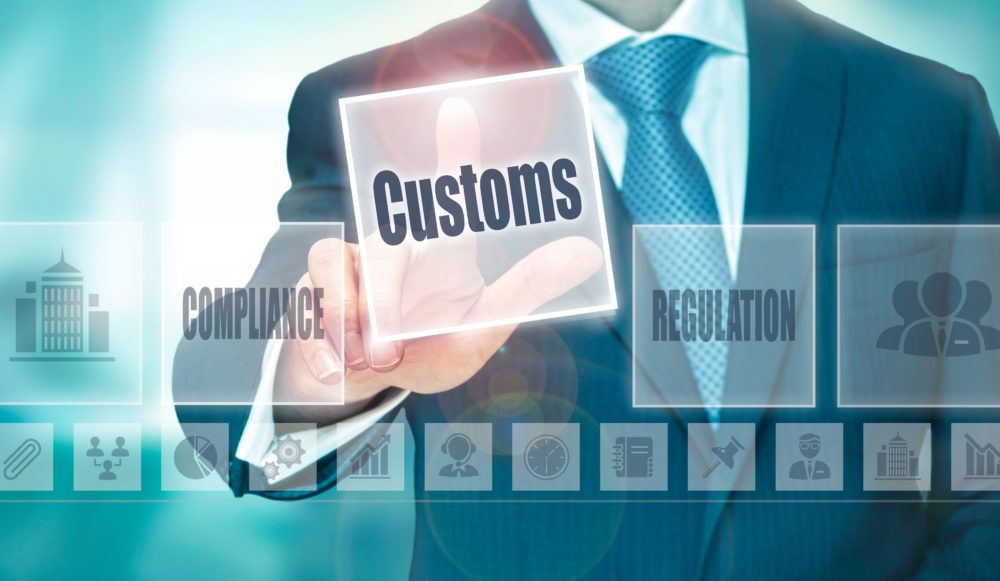Customs clearance is vital in ensuring smooth and secure trade between countries. It serves as a control mechanism for governments to monitor imports and exports, collect taxes and duties, protect public health and safety, prevent illegal activities such as smuggling, and enforce trade agreements.
For businesses engaged in international trade, proper customs clearance is essential for the timely delivery of goods, cost-effective transportation, compliance with laws and regulations, and maintaining good customer relationships.
Why Delays Happen in Customs Clearance?
Customs clearance is an essential and often unavoidable part of the import and export process. It involves various government agencies, laws, and regulations that must be adhered to for goods to enter or exit a country. However, despite its importance, customs clearance can sometimes experience delays, which can cause frustration and financial loss for businesses.
But why do these delays happen in the first place? In this section, we will explore some common reasons behind customs clearance delays:
1. Incomplete or incorrect documentation
One of the most common reasons for customs clearance delays must be completed or corrected documentation. Customs officials require detailed and accurate information about the goods being imported or exported to assess their value, determine applicable duties and taxes, and ensure compliance with relevant laws and regulations.
Only complete or correct documentation can lead to a delay while customs officials try to verify the information provided. This can also result in additional fees being incurred due to penalties for non-compliance.
To avoid this delay, it is crucial to carefully review all documentation before submitting it for customs clearance. Working with a reputable freight forwarder with expertise in handling international shipments can also help ensure that all necessary documents are prepared accurately.
2. Insufficient information about goods
Along with complete and accurate documentation, customs officials may require further information about the goods being imported or exported to clear them through customs smoothly. This could include product descriptions, quantities, weights, and country of origin.
How to Avoid Customs Clearance Delays?
Customs clearance delays can be a significant headache for importers and exporters. Not only do they lead to increased costs and potential penalties, but they also disrupt supply chains and can result in dissatisfied customers. However, with proper planning and preparation, many common causes of customs clearance delays can be avoided. In this section, we will discuss some critical strategies for preventing customs clearance delays.
1. Ensure Proper Documentation
One of the main reasons for customs clearance delays is incorrect or incomplete documentation. It is essential to ensure that all required documents are accurate, complete, and submitted on time. This includes commercial invoices, packing lists, bills of lading/air waybills, certificates of origin, and any other relevant permits or licenses. Any errors or missing information can lead to delays, as customs officials may need to seek clarification or request additional documents before clearing the shipment.
2. Understand Country-Specific Requirements
Every country has its own set of rules and regulations regarding customs clearance procedures. It is crucial to research and understand these requirements before shipping goods to a particular country. This includes knowing which products are restricted or prohibited from entering the country, any labeling or packaging requirements, and specific duties and taxes that may apply.
3. Use a Reliable Freight Forwarder/Customs Broker
Partnering with an experienced freight forwarder or customs broker can significantly reduce the risk of customs clearance delays. These professionals have in-depth knowledge of local laws and regulations and can guide you.
Tips for Dealing:
Customs clearance is an essential aspect of international trade, and it involves the process of inspecting and regulating goods as they enter or leave a country. However, this process can often be accompanied by delays, which can disrupt supply chains, increase costs, and cause frustration for importers and exporters.
To help you navigate through potential customs clearance delays, we have put together some valuable tips that will aid in the smoother and quicker clearance of your goods.
1. Understand the regulations and requirements
One of the most common causes of customs delays is incorrect or incomplete documentation. Every country has its own set of regulations and requirements for importing goods, so it is crucial to familiarize yourself with these beforehand. Research all the necessary permits, licenses, certificates, and other documents for your specific product type.
2. Use accurate descriptions
Accurately describing your goods ensures understanding and clarity during customs inspection. Be clear about the quantity, weight, dimensions, value, and purpose of the products being imported/exported. It’s also essential to use internationally recognized terms instead of technical jargon or abbreviated terminology.
Conclusions:
Customs regulations are subject to change at times due to political or economic factors. Hence, it is advisable to stay updated on any changes that may impact your shipment’s clearance process. This includes keeping track of changes in tariff rates, duty exemptions/limitations/reductions, and prohibited items list.



